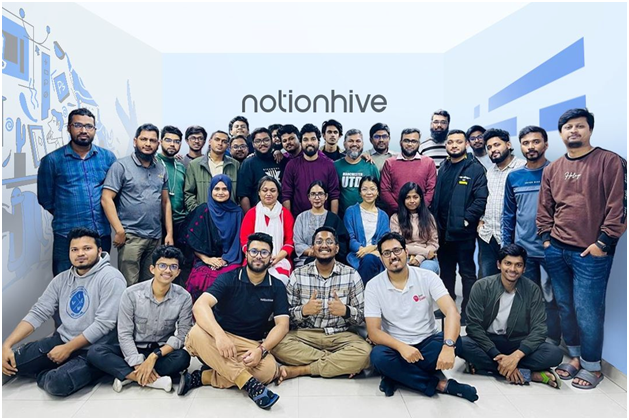
Three winning startups of “FBCCI Solveathon Powered by MIT Solve” have been announced at the closing ceremony of the trade body’s Tech C wing initiative.
The closing ceremony of the FBCCI initiative was organized virtually today over Zoom, where FBCCI President Sheikh Fazle Fahim was the chief guest. The event was moderated by Sonia Bashir Kabir, the Advisor of FBCCI, said a press release.
Additionally, Shekhar Rajasekharan, Managing Director and Sub-cluster Head of Bangladesh and Srilanka, Citybank and Ambassador MA Abdul Hannan, former Advisor of FBCCI, were also present.
The three winning startups are Team Aftergrad (Champion), Team Sushastho (1st Runner-up), Team Krishop (2nd Runner-up).
These startups will be funded to take part in the MIT Solve 2021 Global Challenge.
On January 30, a virtual workshop was organized by the FBCCI in collaboration with the Massachusetts Institute of Technology (MIT) Solve and conducted by the FBCCI Tech Center.
Initially, the Solveathon selected 202 individuals from different districts, including Dhaka, Chittagong, Rajshahi, Sylhet, and Khulna. A total of 20 teams were formed with the participating candidates. Out of which, the best three teams have been selected following many rigorous skills tests.
FBCCI President Sheikh FazleFahim said the event was organized to find talented youths in the country. Addressing the participants of the FBCCI Virtual Solveathon Powered by MIT Solve, he said, “There will be many opportunities in Bangladesh in the future, so there is nothing to be disappointed about those who could not win today.”
“This generation must continue the development of Bangladesh, as they will be part of LDC Graduate Bangladesh, a Bangladesh that has achieved the SDG target and the developed Bangladesh of 2041.”
Participants in the FBCCI Virtual Solveathon competed for four themes of MIT’s 2021 Challenge: Resilient Ecosystem: Preserving and Strengthening Ecosystem Services, including Carbon Mitigation, Health Security and Pandemics: Protecting People from Eclipse: Revisited the learning environment for the next generation and worked with the idea of Digital Inclusion for Economic Justice: Effective Solutions to Ensure a Fair Connection of Digital Commerce and Public Service for Everyone.












0 Comments